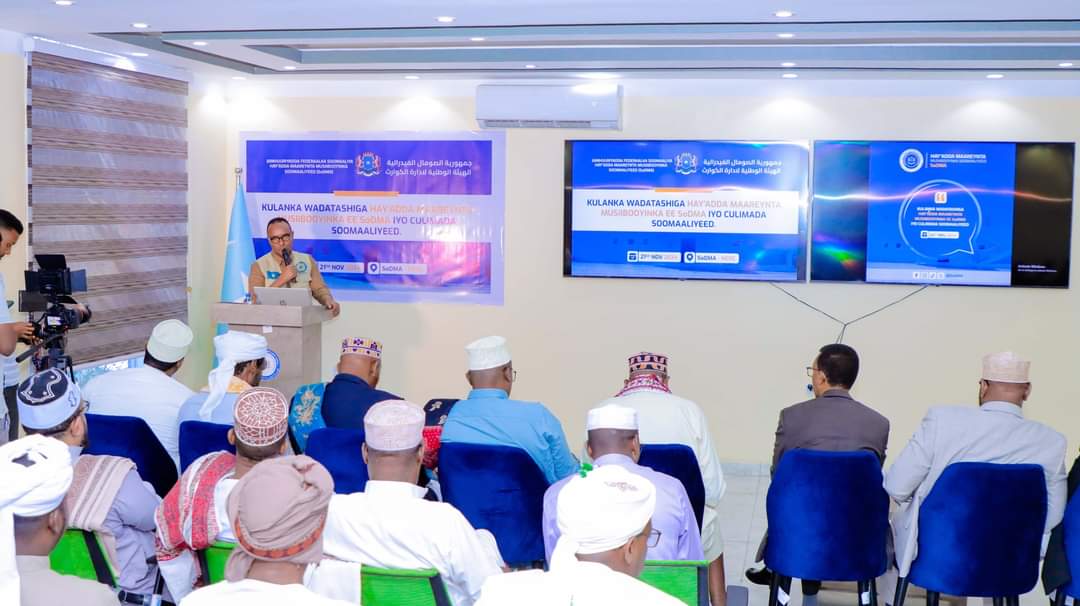It is public knowledge that due to financial constraints or challenges, the government had to take measures in a bid to put the country’s economy back on track.
The measures included taking a $3-billion International Monetary Fund support, which in itself entailed certain conditionalities.
One such conditionality was for the government to restructure both its domestic and external debts and this necessitated a Domestic Debt Exchange Programme (DDEP) in addition to external arrangements.
Thus arrangements were set in motion to achieve the vision of the government to ease its unsustainable debt burden, to restore the financial strength of the country.
It will be recalled, for instance, that in February this year, the government, through the Ministry of Finance (MoF), restructured about GH¢87.76 billion of existing bonds to 16 new bonds with varied maturing dates ranging from August 2027 up until August 2038.
The new bonds came with varied interest rates of up to between five per cent and 15 per cent on the new bonds to be paid semi-annually.
The restructuring under the DDEP gave eligible bondholders the option to exchange their old bonds for new bonds with lower interest rates.
The coupon payment for the affected bonds was agreed to be five per cent, which was lower than the interest rates on the old bonds.
In July, the Ministry said it had fully paid all coupons and principals maturing up to June 19, 2023 and also issued instructions for coupon payments to run until July 10, 2023.
On Tuesday, the MoF said it had paid GH¢2.4 billion for the settlement of some of the bonds affected by the Domestic Debt Exchange Programme (DDEP) whose maturity was due.
We have not forgotten the hullabaloo and picketing concerning the DDEP.
The whole situation gave the strong impression that bondholders and others had lost confidence in the government’s ability to pay back monies invested in the state’s financial space.
Therefore, we see Tuesday’s announcement as coming to bolster earlier government efforts in paying some of the matured bonds.
Some financial analysts say the coupon payment is an indication of the government’s commitment to ensuring a stable and thriving financial market.
We pray that the government would continue to demonstrate that commitment because it will help to restore confidence in both domestic and international investors in the country’s financial market.
This will bring enormous benefits to the country, including the renewed confidence of investors in the financial market, particularly domestic ones, who were contemplating leaving the market but may now stay to invest more.
In today’s scheme of things, no country can develop without taking advantage of investment within and without.
Even donor countries need support in one way or another.
Therefore, it is every country’s responsibility to check anything that can undermine its efforts to get the needed investment for development and progress.
On this score, we commend the government for being truthful in the debt exchange programme, hoping nothing, including unfounded excuses, will delay future payments.
However, if the avoidable happens, we expect that bondholders would have the best of restraint to sit with the government to resolve the difference.
That way, they would help save the country from any unpalatable treatment from others.









